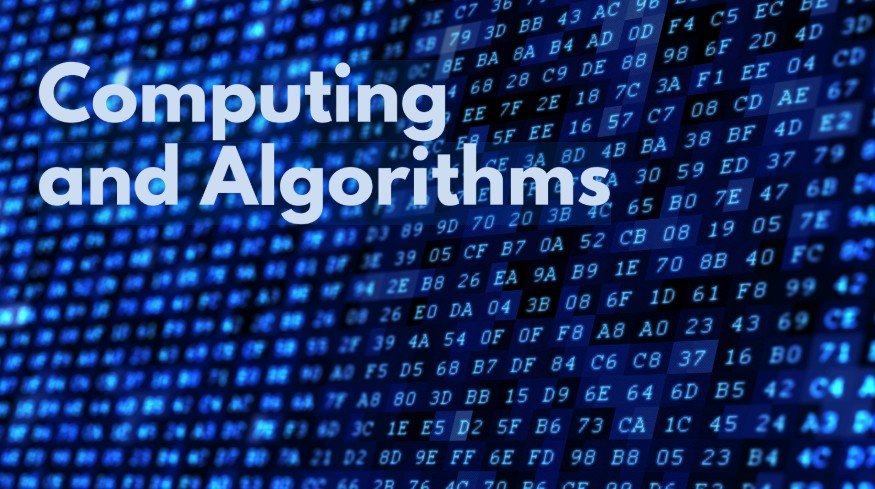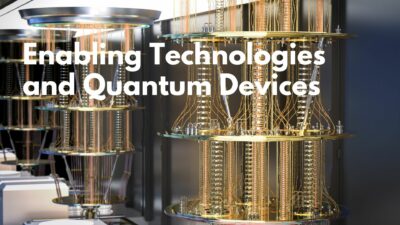NIST researchers have developed the most highly enriched silicon-28 (28Si) material, surpassing their own goals of reaching “six nines” (99.99996%) purity. The material is crucial for quantum computing applications that require isotopically pure silicon as a substrate for qubits. Current natural silicon contains about 92%28Si, but the presence of other isotopes like silicon-29 (29Si) causes decoherence in qubits.
The NIST team used a technique similar to mass spectrometry to isolate 28Si atoms from natural silane gas. They directed the preferred ions onto an unenriched silicon substrate, creating a beam of highly enriched 28Si. The researchers have already had some success in growing the ultra-enriched silicon as a nearly perfect crystal, which is essential for both classical and quantum information systems.
The success of quantum information schemes that rely on silicon depends on finding a reliable way to realize this material. The NIST team’s work has implications for all strategies for silicon-based qubits, as the coherence problem is universal to all quantum information schemes using silicon. The researchers plan to improve and validate their highly enriched silicon by testing its electronic performance and partnering with industry to make the technique more widely available.
Keywords: silicon-28, isotopically pure silicon, qubits, decoherence, coherence


